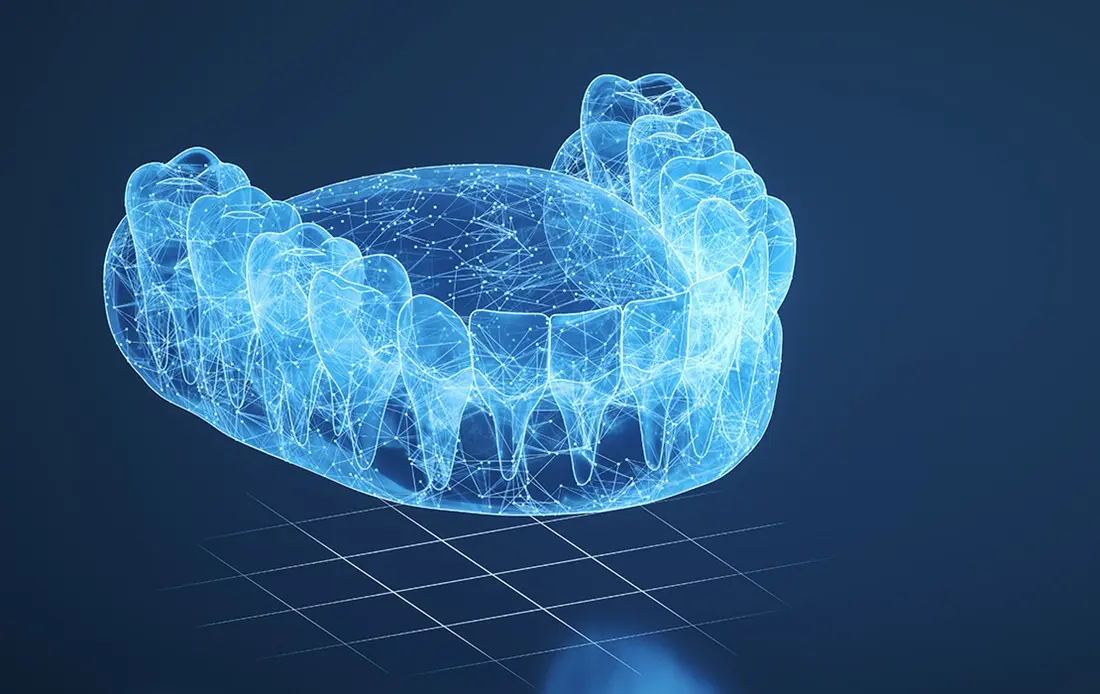
AI in Caries Detection: Emerging Ethical Questions
Artificial intelligence (AI) is rapidly becoming more common in dentistry, especially for detecting carious lesions (cavities) via radiographs and intra-oral imaging. While these systems can match or even outperform human experts in some cases, they come with ethical issues that demand attention. Dental Tribune USA
A scoping review from Pakistan suggests that as usage of AI diagnostics increases, there must be frameworks to ensure fairness, patient protection, and trust in dental care. Dental Tribune USA
Some of the key ethical challenges identified include:
Bias and representativeness: Many AI models are trained on data from high-income, single-centre settings, which may not reflect more diverse populations. This mismatch can lead to misdiagnosis or underdiagnosis for certain groups. Dental Tribune USA
Privacy concerns: Use of radiographs and patient images to train these algorithms demands strong safeguards. In many cases, studies do not show clearly how identifying information is removed or protected. Dental Tribune USA
Transparency & accountability: Deep learning (and other complex AI models) are often “black boxes,” meaning it’s unclear how the AI arrives at a decision. If an AI system makes an error, it's not always obvious who is responsible—the dentist, the software developer, or the institution. Dental Tribune USA
Equity of access: There is risk that only well-resourced practices or areas will have access to these AI tools, leaving under-resourced or rural communities behind. Dental Tribune USA
The review argues for a specialised ethical framework tailored for dentistry, which should include:
inclusive and diverse datasets
transparent reporting standards
clear governance and oversight
patient-centred safeguards around informed consent, data privacy, and accountability Dental Tribune USA
🔗 Original Article: Dental Tribune — The Urgent Ethical Challenges of AI-Driven Caries Detection (19 September 2025) Dental Tribune USA
📄 Related Academic Article (Scoping Review): “Ethical insights into AI-driven caries detection: A scoping review”, published in BDJ Open on 9 September 2025.